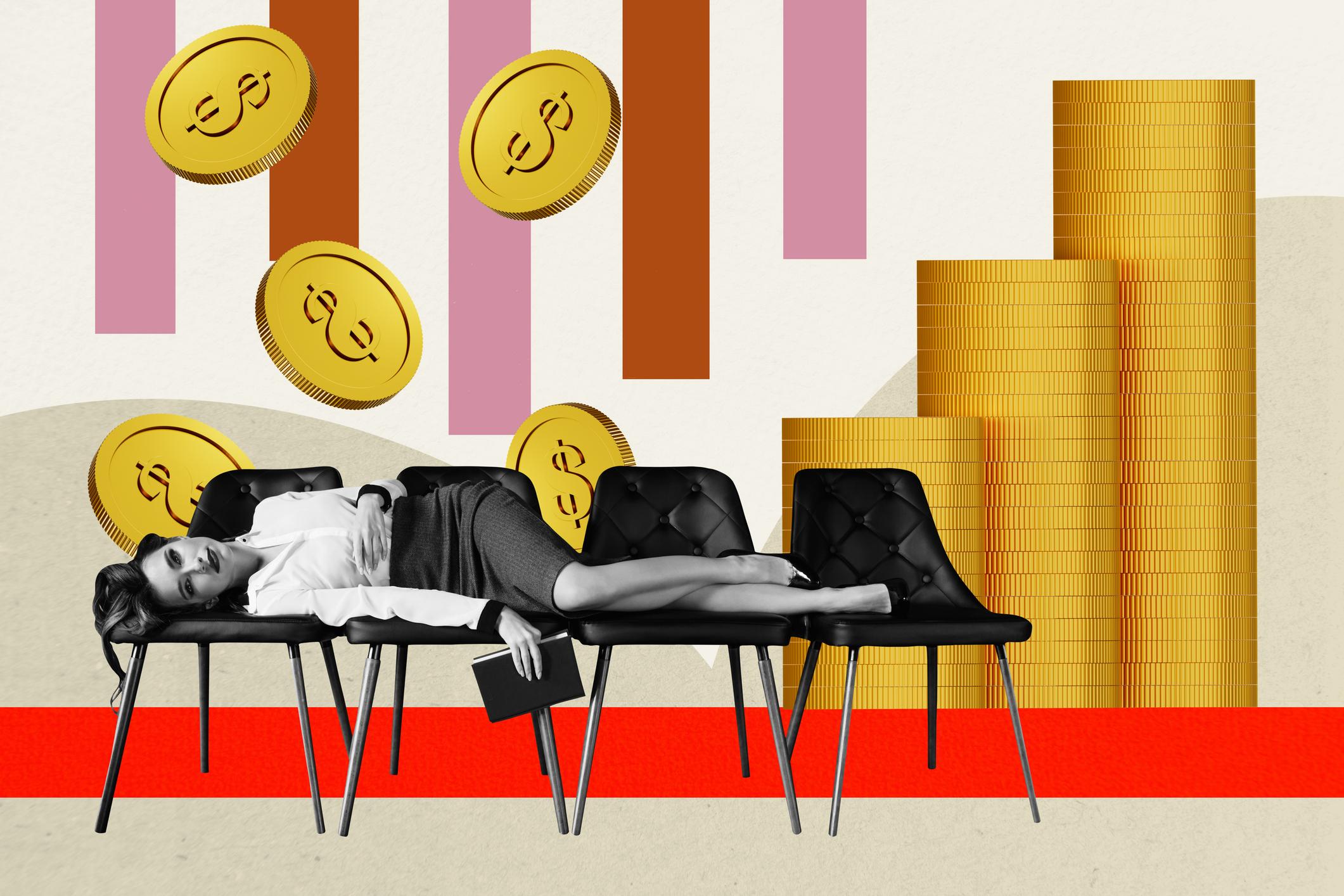Hosts
About the episode
America is rich—richer than ever. Yet Americans are more anxious, lonelier, and less satisfied than people in many poorer nations. The 2025 World Happiness Report ranked the U.S. 24th in life satisfaction, its lowest on record. Maybe, as social scientists say, we’ve traded community for consumption. Today’s guest, Morgan Housel, thinks there’s a deeper reason money hasn’t bought us happiness. America, he says, is world class at making money, but bad at spending it wisely. In his new book, The Art of Spending Money, Housel argues that we’re burdened not only by visible debt—mortgages, credit cards, loans—but also by invisible debt: desire. In this episode, Derek talks with Morgan—the author of The Psychology of Money and Same as Ever—about how money, comparison, and human nature shape happiness.
If you have questions, observations, or ideas for future episodes, email us at PlainEnglish@Spotify.com.
In the following excerpt, Derek and Morgan Housel dive into the decades-long debate on whether more money makes a person happier and examine the nuances of that debate in the modern day.
Derek Thompson: You’ve written a book about the art of spending money, an art that you say can bring happiness, except you claim that most people don’t know how to spend money to make themselves happy. In the biggest picture, why not?
Morgan Housel: Well, I think it tends to be true that for a lot of things in life, we have a pretty good sense of what we need. We have a good sense of what we don’t want. Knowing what you want is actually harder than it seems. I think a lot of that is just how we’re wired. We’re wired for survival. We’re not wired necessarily to thrive. And a lot of it is kind of the modern marketing system that tells you in a shout what you should want, how you should live. That has always been true. It is true on steroids in the last 15 years because of social media, where now it is just being absolutely bombarded 24/7 with pictures, images, stories, ideas of how you should live and constantly bombarded with a feed of people who are seemingly—which is an important word—happier, prettier, more successful than you are, mainly because of the image that they are portraying to the world.
And so it’s always been a topic that is an issue, but I think it’s more so now. It’s also more so now because more people than ever all around the world have disposable money, have a choice with what to do with their money, versus previous eras. For the vast, vast majority of people in the vast majority of history, it was food, shelter, period. You didn’t ever have to ask a question, “How am I going to use my money to make me happy?” It was very simple: calories and shelter.
And so it’s a fairly new issue. And whenever you have a new issue like this, it can take generations and generations for social teaching to take place. And this is true in investing as well, where the concept of saving for retirement is like two generations old at best. There’s not a lot of generational knowledge transfer that’s taken place. And I think that is, for many people, true for spending money too, where for the first time this generation, maybe the generation before, you have disposable income; there’s many, many options for what to do with it; and it’s not always intuitive what to do with it.
Thompson: Can I test this theory that people don’t know how to spend money? So the researcher Matthew Killingsworth, who is referenced in your book, published a paper last year entitled “Money and Happiness: Extended Evidence Against Satiation,” which, in the noble tradition of research papers, is just about the most boring way you could possibly frame this work, but the substance is very interesting. The fundamental question here is: “Does more money mean more happiness?”
And the answer, as he finds and other papers in the last few decades have found, is that, in fact, happiness does seem to rise with income, and it doesn’t stop rising. People who earn $50,000 a year are happier than those who earn $15,000 a year. Those who earn $100,000 a year are happier than $50,000. $200,000, even happier. $400,000, even happier. $1 million–plus, happier still. So one could make the argument that we don’t even need to worry about “how” to spend our money. Rich people are just happier on average. It doesn’t matter how they spend their money. So, Morgan, why even write this book? Why is how we spend money important if more money seems to more or less automatically make us happier on average?
Housel: Well, first, Derek, the reason I called the book The Art of Spending Money and not The Science of Spending Money is because I think it’s very difficult to find something that looks like that. This might be one of the perfect examples. The long-held discussion and debate of “Does more money make you happy?” might be the perfect example in social sciences of: For every study, there was an equal and opposite study that exists out there. That’s why it’s been one of the very long-held debates. Started with a researcher back in the 1960s, I believe, named Richard Easterlin. … And he was one of the first people to come up with the idea that there is a satiation point. And then that was really pushed back against more in modern times by Justin Wolfers and now Matthew Killingsworth. And so there’s evidence on either side.
I do think that it is true that most of the evidence now would tip toward the idea that you just mentioned, that there does not seem to be a satiation point. Some of the nuance, though, when you dig down to it, is very interesting. One of which is: If you are already a depressed and anxious and sad person, it is very unlikely statistically that earning more money will make you happy.
If you are already, if you are starting out as a happy, joyful, sleeping eight hours a night, content person, then money can be like a leverage on your personality. It can make you happier; it will make you happier. So part of me, when I hear a study like that, would want to dig in and say, “Is money making these people happier, or are happier people earning more money?” And I think that might be a big part of it, because if there is one equation that I’d use in the book—and I may have actually ripped a little bit of this off of you, I think I remember—if there’s one formula in there, it’s a simple formula for a pretty nice life is independence plus purpose. Independence plus purpose.
And so I wonder particularly for the very wealthy people cited in that study who are earning millions per year, are the millions making them happier? Or is it that they found their purpose? Their purpose was their job, their business, their entrepreneurship, and that’s why they’re so happy, and that’s why they’re earning a ton of money as well. And you could easily contrast that, of course, with the lawyer who’s earning a million dollars a year and is working a hundred hours a week and hates every second of it, and they’re on their fifth divorce, and they’re overweight and obese, and they sleep four hours a night and whatnot. That person has not found their purpose, and that is the point of: If you are already an anxious, depressed, miserable person, it’s very unlikely to do much for you.
This excerpt has been edited and condensed.
Host: Derek Thompson
Guest: Morgan Housel
Producer: Devon Baroldi

